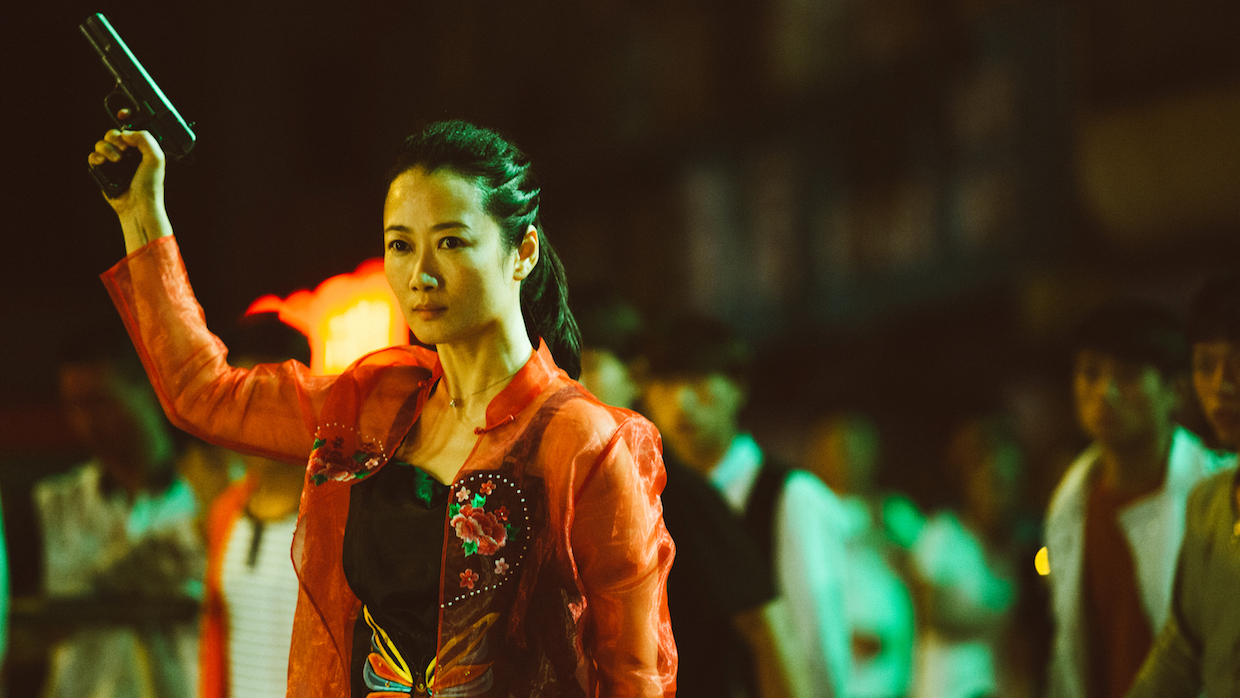Could the Lumières have possibly envisioned that, by the earliest years of the 21st century, the motion picture business they inaugurated would be churning out more movies about dogs than seemingly anything or anybody else? (There was a prominent labrador among the ensemble of the brothers' Workers Leaving the Factory - although to notice the mutt, you'd have had to overlook the people.) Lasse Hallström, the Swedish director who broke through internationally with 1985's My Life as a Dog and gave us the Citizen Kane of contemporary canine movies in 2009's Hachi: a Dog's Tale, has returned to this subgenre with A Dog's Purpose, a half-term timekiller with a notably batty conceit. All of its onscreen walkies are narrated by a free-floating canine spirit (Josh Gad, a late replacement for the upwardly mobile Bradley Cooper) hopping between the bodies of, to cite three examples, a boy's best friend, a police sniffer dog, and a canine Cupid, as though he/it were Scott Bakula in Quantum Leap. If you've ever wondered what your pooch was thinking as you tossed him a tennis ball or animal control officials drifted into view, then this quasi-spiritual journey - enabled by evangelistically minded producers Walden Media - could very well be the film for you. "Why am I here? What's my purpose?," Gad can be heard asking from the voiceover booth; let us assume he's sticking to a script that insists on approaching dumb mutts as if they were furry Sartres, and not simply succumbing to a jobbing actor's breakdown that happens to have been caught on tape.
Hallström has spent the best part of this century lapsing into cuddly, well-paid mediocrity Stateside, and here we find him falling back on some familiar, if not outright stock tactics. Our (good) boy's progress plays out against a handsome period backdrop of sundappled Americana, with pop hits slathered on the soundtrack whenever Rachel Portman's wildly overblown score isn't jabbing us to feel happy or sad; it also entails a reboot of that frantic PG-rated dog comedy entered into movie lore by the Beethoven franchise, as when the swallowing of a rare coin leads to the demolition of an entire dining room. (Thankfully Hallström spares us the digestive outcome of such a scenario - but he's not above detailing the gassier conclusion to a sequence involving fairground hotdogs.) The script is fundamentally shapeless. Reincarnation is one thing, but it means we've no settled into one film than we're yanked into another: the dog's identity crisis is as nothing compared to that of the film, which only reveals its masterplan after spending much of its running time squandering its human resources to capture more of those random, tongue-lolling poses pooches are coached to strike on certain Twitter accounts. What all these realities have in common is the look of a Lifetime Channel pilot: it's the model of blandly watchable, morally instructive pablum, sending suggestible viewers home with a ruffle of the hair and such maxims as "lick the ones you love" and the more Oasissy "be here now" ringing in their ears. There are points, on its journey between those ears, where the writing and playing rubs its tail against some form of universal human experience and you can feel cheap tears beginning to form - but then, yoink, the leash catches and we're dragged off into an entirely different reality. Karma's a bitch.
A Dog's Purpose is available to stream via Amazon Prime; a sequel, A Dog's Journey, opens this Friday, and will be reviewed here then.










